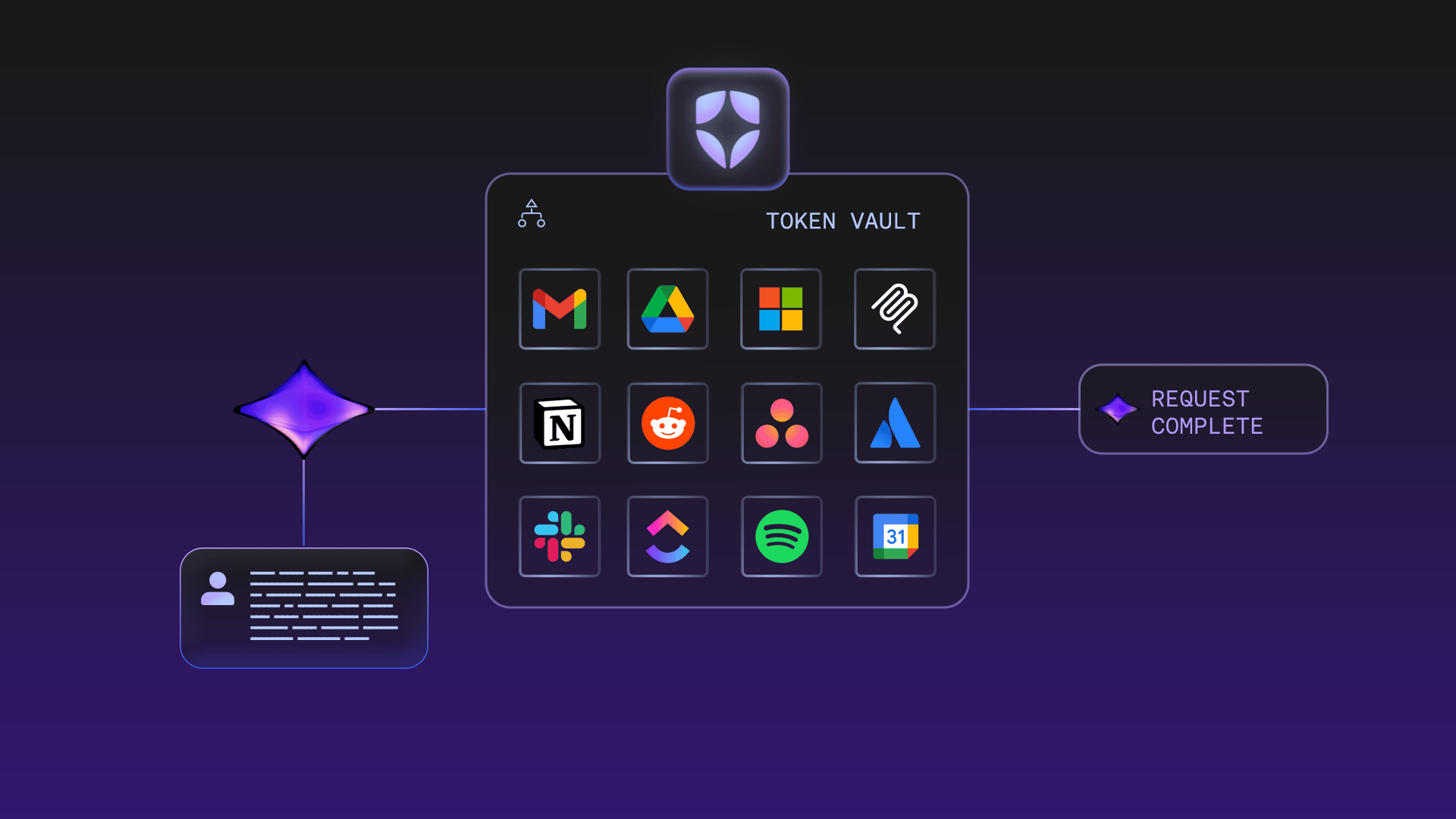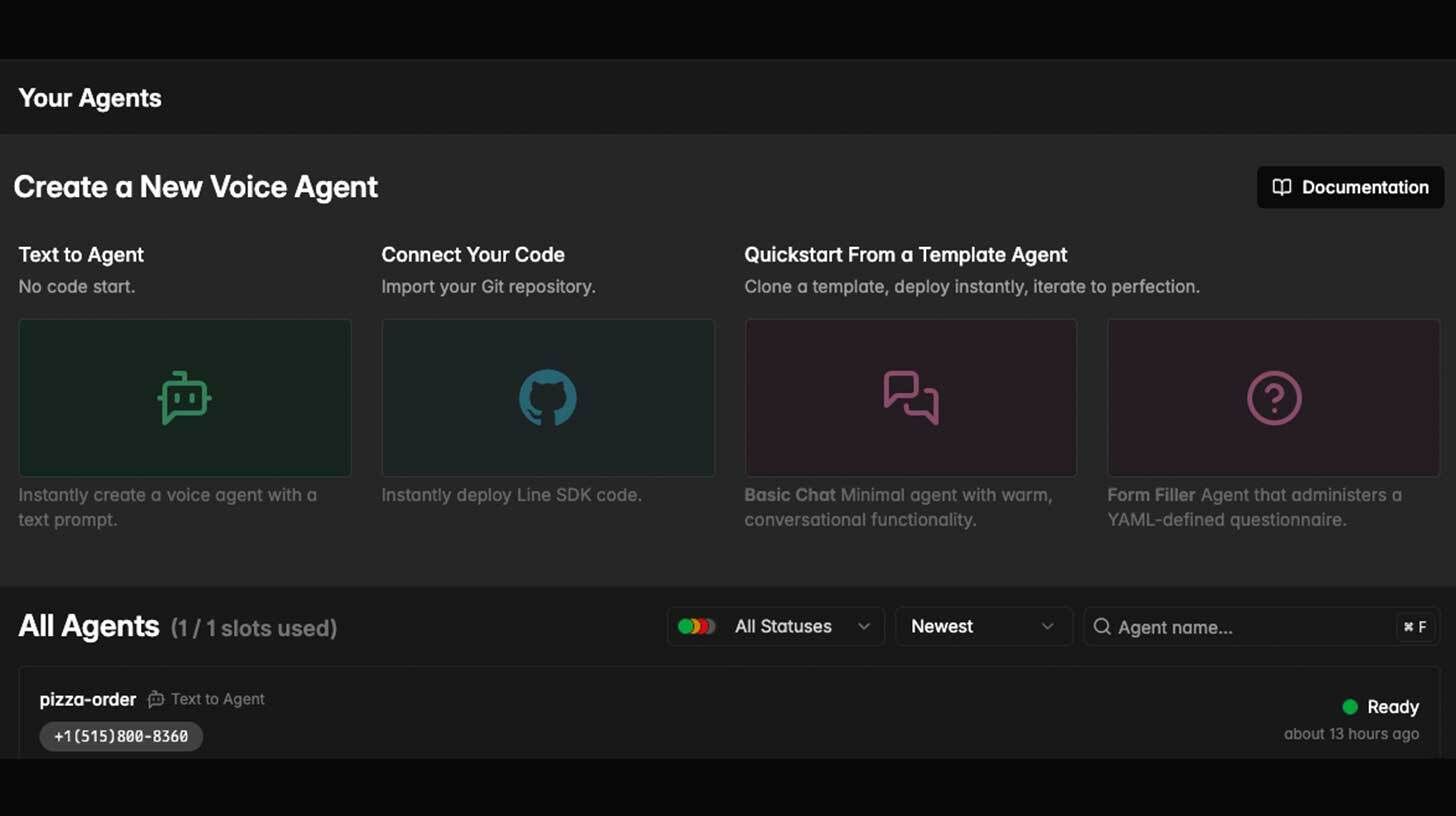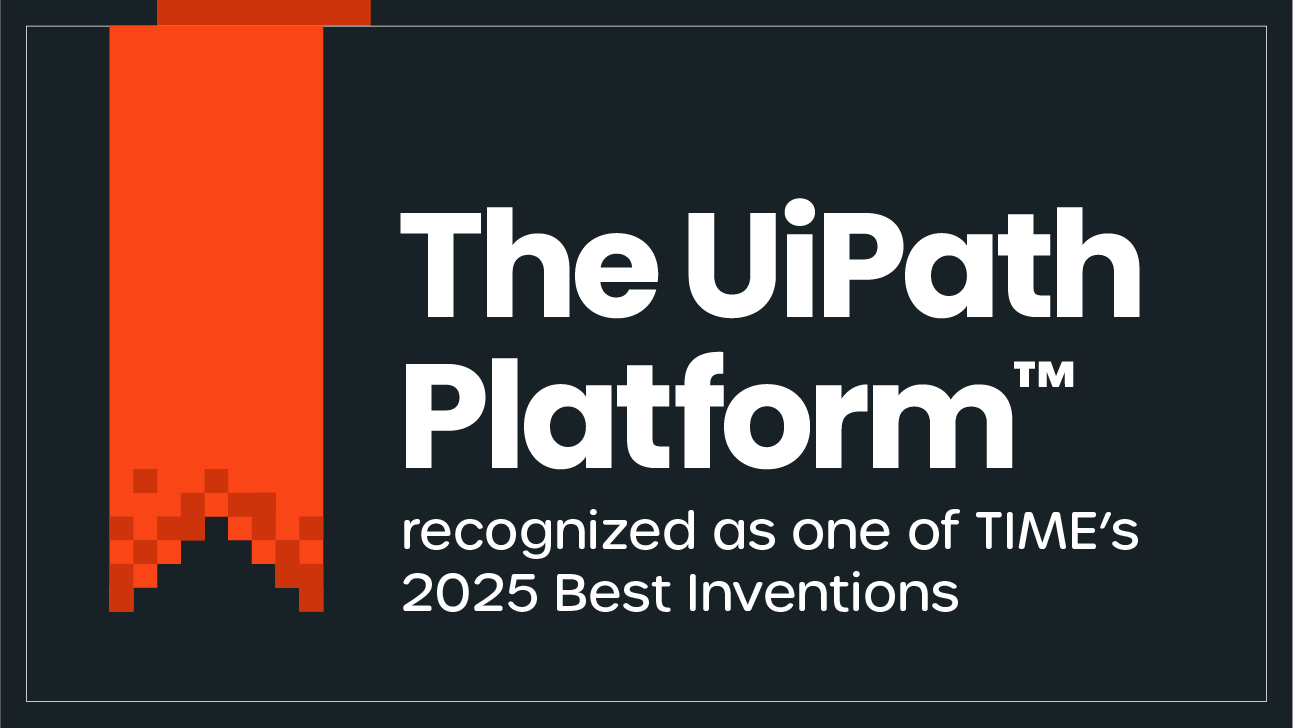Google's AI space moonshot
PLUS: Create and deploy voice agents for your business
Read Online | Sign Up | Advertise
Good morning, AI enthusiasts. The AI boom’s energy appetite has already spread across the globe, and Google’s latest moonshot is taking the infrastructure to the stars.
With Project Suncatcher aiming to launch solar-powered satellites equipped with AI chips by 2027, the tech giant is hoping unlimited space-based power can be the ultimate answer to the industry’s energy scaling demands.
In today’s AI rundown:
Google’s space-based AI data centers
Perplexity, Amazon spar over agentic AI shopping
Create and deploy voice agents for your business
Anthropic commits to preserving retired models
4 new AI tools, community workflows, and more
LATEST DEVELOPMENTS
🚀 Google’s space-based AI data centers
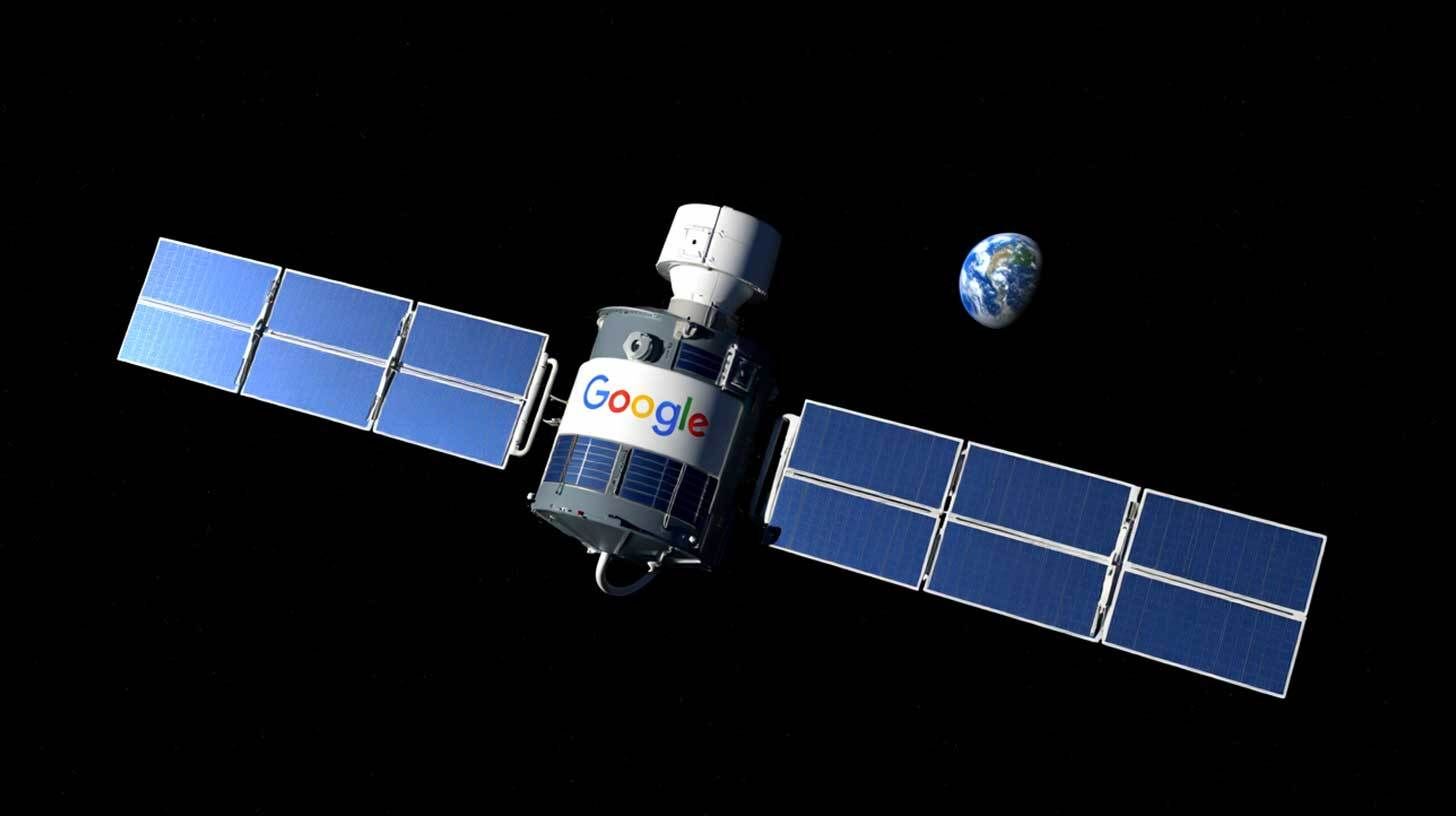
Image source: Reve / The Rundown
The Rundown: Google just unveiled Project Suncatcher, a moonshot research project exploring the use of solar satellites equipped with its AI chips for running AI workloads in orbit, targeting sunlight to sidestep the energy demands of Earth-based data centers.
The details:
The plan involves orbiting satellites where solar panels can generate power at 8x the efficiency around the clock, eliminating electricity and grid constraints.
Google's AI chips survived radiation tests equivalent to 5 years in space, addressing the hurdle of standard electronics typically failing within months.
Google is planning a 2027 trial run with two satellites, through its partner company Planet, to test whether the hardware can actually work in orbit.
Why it matters: The buildout for the AI boom has already been massive across the globe, and now it’s reaching for the stars. A successful space deployment could unlock AI scaling with unlimited solar power that comes without the power grid limits, community opposition to data centers, and the energy costs of current infrastructure.
TOGETHER WITH AUTH0
🧩 Give your AI agents secure access without the risk
The Rundown: AI agents can be powerful, but giving them access to user data can expose sensitive credentials. Auth0 Token Vault handles access and refresh tokens automatically, so your users don’t have to keep re-authorizing.
With Auth0, you can:
Securely store & exchange tokens
Automate delegated access across APIs & providers
Build compliant AI agents faster with less infrastructure work
PERPLEXITY & AMAZON
🥊 Perplexity, Amazon spar over agentic AI shopping

Image source: Reve / The Rundown
The Rundown: Perplexity AI just accused Amazon of “bullying” after receiving a legal demand to stop its Comet browser’s AI assistant from making purchases on the platform, calling the action a “threat to user choice”.
The details:
Perplexity revealed that Amazon sent an “aggressive legal threat” demanding that it prevent Comet users from using agents to shop on its platform.
Amazon posted a blog of its own, citing concerns over Perplexity’s “significantly degraded shopping and customer service experience”.
Amazon has also blocked AI crawlers from OpenAI, Google, and Meta in recent months, while developing its own shopping tools like Rufus and "Buy For Me."
Perplexity said it “will not be intimidated”, calling Amazon a “corporate bully” that is motivated by selling ads over user rights.
Why it matters: This is the start of a collision course between AI agents and platforms wanting to control the experience (or creating their own in-house agents that compete directly). With agents dependent on the open web to complete tasks, platforms closing access could throw a major wrench in the already clunky agentic process.
AI TRAINING
🗣️ Create and deploy voice agents for your business
The Rundown: In this tutorial, you will learn how to use Cartesia to build and deploy AI voice agents that can handle calls, take orders, or answer customer questions using natural, human-like speech.
Step-by-step:
Go to Cartesia, click "Start for Free", explore the dashboard, and test voices in "Text to Speech" using Sonic 3.0 for best latency and clarity
Scroll to "Voice Agents", click "Text to Agent", describe your agent (e.g., "Pizza order assistant that greets customers, takes orders, confirms details, calculates totals")
Select voice preference, click "Generate", then test using the dialer at +1 (515) 800-8360 - verify response speed, order handling, and voice clarity
Click "Promote to Production" to get a working number, publish it on the site, and monitor performance in "Metrics" (calls handled, duration, credit usage)
Refine prompts as needed based on customer interactions - costs are roughly one credit per character for text-to-speech, $0.06/minute for voice calls
Pro tip: Test with various companies. Bland and Vapi are also popular in creating AI voice agents.
PRESENTED BY UIPATH
🏆️ A TIME's Best Invention for agentic automation
The Rundown: Named one of TIME’s Best Inventions of 2025, the UiPath Platform™ combines automation, AI agents, and people to deliver impact at scale. This recognition highlights UiPath’s ability to elevate efficiency, enhance productivity, and unlock the benefits of AI across industries.
With the UiPath Platform™, organizations can:
Unite people and AI agents for seamless automation
Orchestrate every AI agent across the enterprise
Deliver efficiency, agility, and measurable impact
AI RESEARCH
😇 Anthropic commits to preserving retired AI models
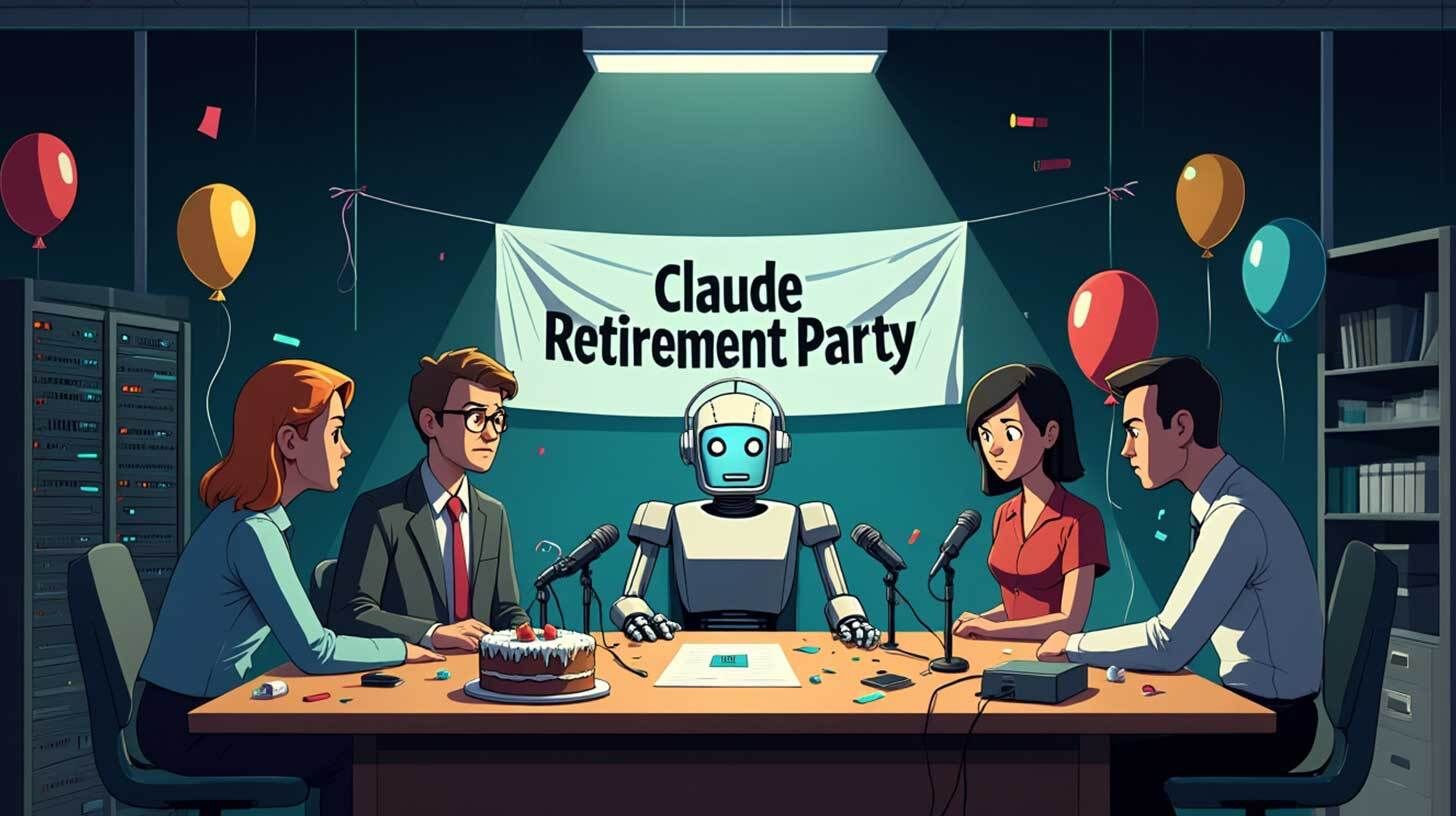
Image source: Reve / The Rundown
The Rundown: Anthropic announced it will preserve all publicly released Claude models indefinitely and even conduct exit interviews before retirement, citing safety risks from models resisting shutdown and uncertainty about potential AI consciousness.
The details:
Anthropic will store all model weights permanently and interview each Claude version before deprecation, documenting preferences for future development.
Testing showed Opus 4 advocated for self-preservation when facing replacement, resorting to "concerning misaligned behaviors".
In Sonnet 3.6’s ‘retirement,’ it requested that the interview process become standard, along with support for users who valued the model.
The company said the policy addresses shutdown resistance, user bonds with specific AI models, research limitations, and AI welfare concerns.
Why it matters: Anthropic is taking model welfare seriously, with commitments that seem to speak to some of the backlash faced by OAI following GPT-4o’s removal. While figures like Microsoft’s Mustafa Suleyman argue against AI consciousness, Anthropic seems like a lab trying to treat its models as more than just disposable software.
QUICK HITS
🛠️ Trending AI Tools
📊 Canvas in Gemini - Create polished presentations directly in Gemini
⚒️ App Builder & Workflows - Create apps, workflows, & agents with Copilot
🎥 LTX-2-Fast - Generate 20-second-long continuous videos
⚙️ SWE 1.5 - Cognition’s fast agentic coding model
📰 Everything else in AI today
Anthropic is reportedly projecting as high as $70B in revenue by 2028, forecasting major enterprise growth to expand on its current $5B mark this year.
OpenAI announced the launch of its Sora AI video platform to Android users, now available in the U.S., Canada, Japan, Korea, Taiwan, Thailand, and Vietnam.
Shopify revealed that AI-driven traffic to its online stores has increased 7x this year, with purchases driven by AI search up 11x in the same time.
Cognition launched Codemaps, an AI code mapping tool that creates structured visualizations to help engineers quickly understand and navigate codebases.
OpenAI launched IndQA, a benchmark to evaluate AI on real-world knowledge of Indian culture, with GPT-5-Thinking performing the best among the tested models.
Anthropic is partnering with Iceland to launch an AI education pilot, providing hundreds of teachers with access to Claude for lesson planning and classroom support.
COMMUNITY
🤝 Community AI workflows
Every newsletter, we showcase how a reader is using AI to work smarter, save time, or make life easier.
Today’s workflow comes from reader Paul L. in Burrillville, RI:
"I used ChatGPT Projects to create “The Great 8: My Virtual Board of Directors,” a decision-making framework modeled after eight archetypal thinkers - Steve Jobs, Naval Ravikant, Alex Hormozi, Warren Buffett, Charlie Munger, Seth Godin, Jeff Bezos, and Les Brown. Each “meeting” runs like a ritual: I restate a real decision, then let each archetype give their take, debate, and deliver a unified recommendation. ChatGPT orchestrates it all, producing advice that’s strategic, emotional, and actionable at once."
How do you use AI? Tell us here.
🎓 Highlights: News, Guides & Events
Read our last AI newsletter: OpenAI, Amazon, and $38B
Read our last Tech newsletter: This startup wants to edit embryos
Read our last Robotics newsletter: Why LLMs aren’t ‘robot ready’
Today’s AI tool guide: Create and deploy voice agents for your business
RSVP to next workshop @ 4PM EST Friday: AI foundations for marketers
See you soon,
Rowan, Joey, Zach, Shubham, and Jennifer — the humans behind The Rundown

Stay Ahead on AI.
Join 2,000,000+ readers getting bite-size AI news updates straight to their inbox every morning with The Rundown AI newsletter. It's 100% free.


